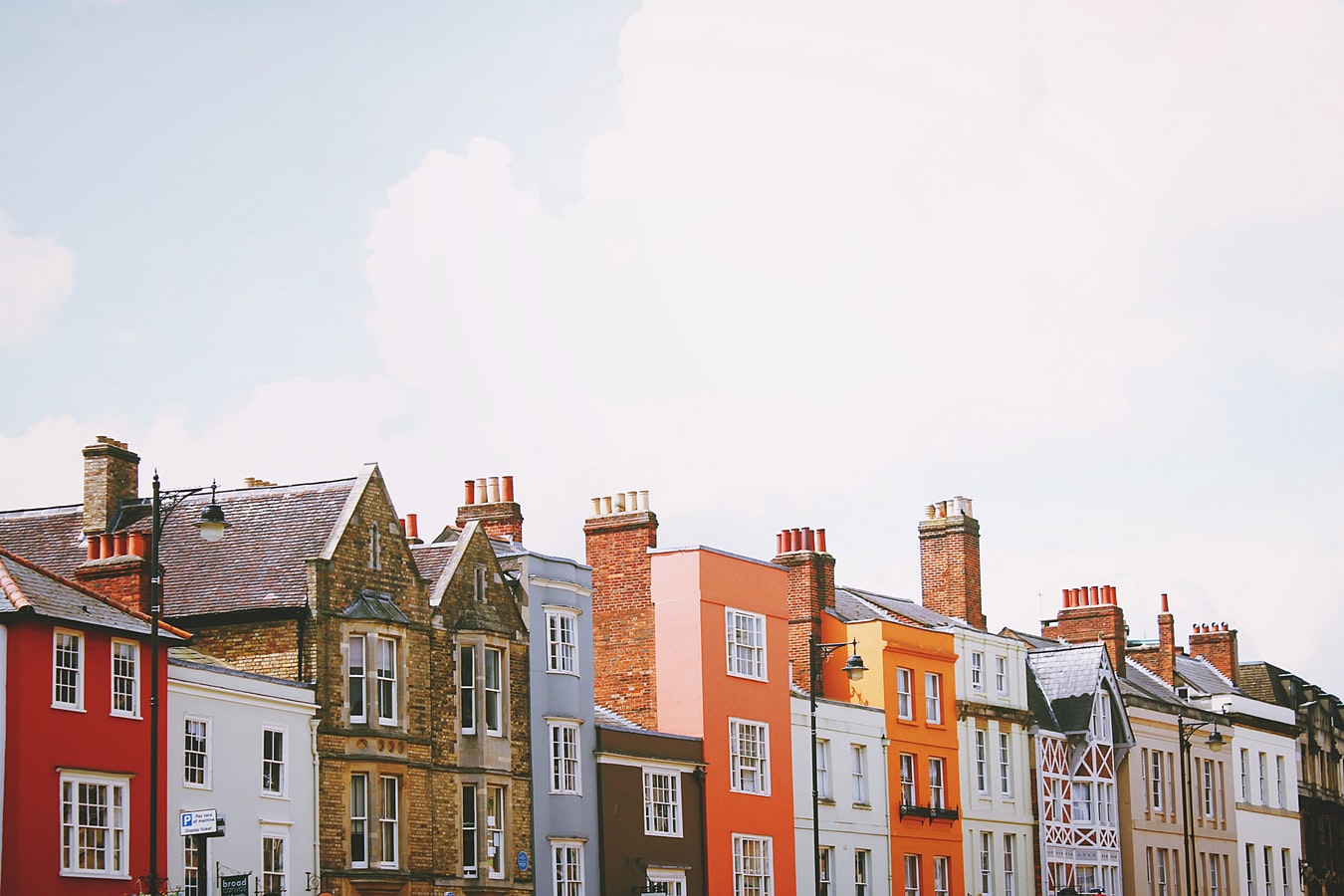It is important to understand that purchasing property, regardless of size, comes with high costs beyond just the mortgage. Some additional fees and charges must be paid before taking ownership of the house. It is crucial to account for these expenses in your budget planning.
These include:
- A deposit
- The mortgage arrangement fee
- The valuation fee
- Any legal fees
- The tax you pay when buying land varies depending on your location in the UK. It’s either called Stamp Duty or land transaction tax.
- Removal costs
Remember that as a homeowner, you’ll have to deal with regular bills in addition to your mortgage payments once you move into your new house:
- Council tax
- Energy bills
- Home insurance
- All repairs and decorating
- New furnishings
I have prepared a guide outlining the estimated costs you can incur while purchasing a house.
- ⭐ Avoid rejection – see your Approval Odds before you apply!
- ⭐ Accurate – backed by your credit report
- ⭐ Cheaper borrowing – personalised steps for mortgage success
Get a mortgage, not a rejection! Don’t leave your dream home to chance.
SEE MOREWhat's Included?
How much deposit is required for first time buyers?
For first-time home buyers, the primary obstacle is collecting enough money for a deposit. To apply for a mortgage, you must save a minimum of 5% of the property’s price. Therefore, if you’re buying a house worth £150,000, you must save at least £7,500 as a deposit.
A larger deposit can lead to better mortgage options, so saving more could be beneficial. If saving for a deposit is a challenge, you might want to consider the Government’s Shared Ownership scheme as an option.
How much is Stamp Duty for first time buyers?
Stamp Duty Land Tax (SDLT) is a tax you must pay when you buy a home in England that costs more than £250,000. This tax is known as Land and Buildings Transaction Tax (LBTT) in Scotland and Land Transaction Tax in Wales.
The 2022 mini-budget introduced a new rule for first-time buyers in England, exempting them from stamp duty on properties worth up to £425,000. If the property costs up to £625,000 and it’s your first home, you won’t have to pay Stamp Duty on the first £425,000 but will be charged at a 5% rate on anything above that amount.
If you buy a property that costs more than £625,000, you must pay Stamp Duty at standard rates. The amount you have to pay depends on the cost of the property. If the property costs between £250,001 and £925,000, the rate is 5%. If the property is worth more than £1.5 million, the rate increases to 12%.
Frequently Asked Questions
1. What are the extra costs that come with buying a property?
In addition to the deposit, there are several other costs that come with buying a property. These include solicitor’s fees, mortgage fees, and stamp duty. Solicitor’s fees cover the legal work involved in buying a property, such as conveyancing and searches. Mortgage fees are charged by your lender for arranging your mortgage. Stamp duty is a tax you pay when you buy a property over £125,000 in England and Northern Ireland.1
2. How much deposit do I need to save?
The deposit you need to save depends on the value of the property you want to buy. Generally, you’ll need to save between 5% and 20% of the property’s value. However, some lenders may require a higher deposit if you have a poor credit history or if you’re self-employed.2
3. What is stamp duty?
Stamp duty is a tax you pay when you buy a property over £125,000 in England and Northern Ireland. The amount of stamp duty you pay depends on the value of the property you’re buying. You can use an online stamp duty calculator to work out how much stamp duty you’ll need to pay.3
4. How much is stamp duty?
The amount of stamp duty you pay depends on the value of the property you’re buying. If you’re buying your first home and it costs less than £300,000, you won’t have to pay any stamp duty. If the property costs between £300,000 and £500,000, you’ll pay 5% on the amount above £300,000. If it costs more than £500,000, you’ll pay 10% on the amount above £500,000.2
5. What is conveyancing?
Conveyancing is the legal process of transferring ownership of a property from one person to another. It involves several stages, including searches and checks on the property and its ownership history, as well as drafting contracts and transferring funds between parties.1
6. How much are solicitor’s fees?
Solicitor’s fees can vary depending on several factors, such as the complexity of the transaction and the location of the property. On average, solicitor’s fees can range from £500 to £1,500 or more for buying a freehold property in England or Wales. For leasehold properties or new-build homes, solicitor’s fees can be higher due to additional legal work involved in these transactions.2
7. What is a mortgage fee?
A mortgage fee is a fee charged by your lender for arranging your mortgage. This fee can cover several services provided by your lender during your mortgage application process, such as credit checks and valuations of your property.1
8. How much is a mortgage fee?
A mortgage fee can vary depending on several factors such as your lender and the type of mortgage product you choose. Some lenders may offer mortgages with no arrangement fees while others may charge up to £2,000 or more for arranging your mortgage application process.2
9. What is a survey?
A survey is an inspection of the property you’re buying to identify any problems or issues that may affect its value or safety. There are several types of surveys available depending on your needs and budget such as Homebuyer Report or Building Survey.1
10. How much does a survey cost?
The cost of a survey can vary depending on several factors such as the type of survey required and size and location of the property being surveyed but generally it can cost between £250 and £600 or more.2
References:
- The cost of buying a house – Which?. https://www.which.co.uk/money/mortgages-and-property/first-time-buyers/buying-a-home/the-cost-of-buying-a-house-aTnH73d3llji
- The costs of buying a house: incl solicitor & stamp duty fees – MSE. https://www.moneysavingexpert.com/mortgages/mortgage-fees-stamp-duty
- The cost of buying a house and moving | MoneyHelper. https://www.moneyhelper.org.uk/en/homes/buying-a-home/estimate-your-overall-buying-and-moving-costs









